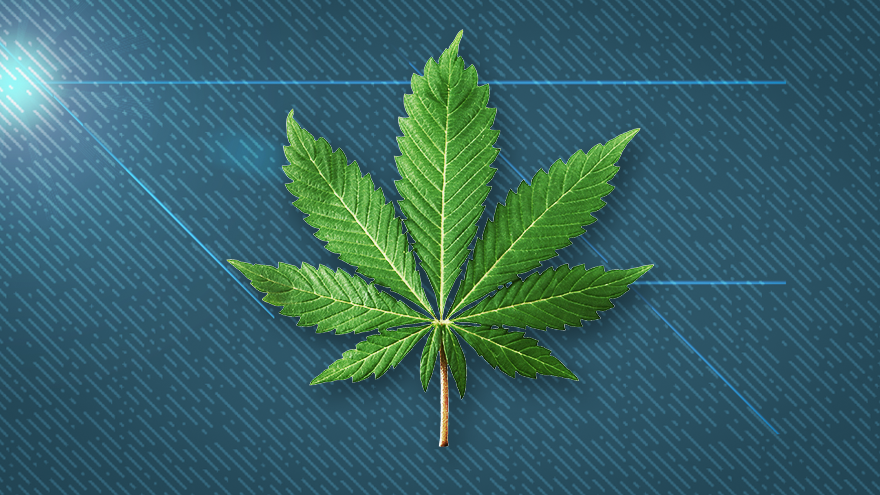Attorney General Merrick Garland has submitted to the Federal Register a notice of proposed rulemaking that will allow a 60-day public comment period followed by a potential review from an administrative judge, according to a news release from the Department of Justice (DOJ). The proposed change from the DOJ is consistent with federal health officials’ view that “marijuana has a currently accepted medical use,” as well as views that the plant has a lower potential for abuse and dependency than typical Schedule I drugs, as explained in the notice of proposed rulemaking submitted by the DOJ. Under the proposed policy shift, marijuana would not be legalized federally, but would be moved out of the Schedule I category, which houses highly controlled substances including heroin, LSD and MDMA. If transferred into Schedule III — a category including several anabolic steroids and ketamine — marijuana would remain subject to criminal prohibitions of the Controlled Substances Act, as well as applicable prohibitions of the Federal Food, Drug, and Cosmetic Act. In a video celebrating the reclassification effort, President Joe Biden called the move “monumental” and an important step toward reversing longstanding inequities. “Today's announcement builds on the work we've already done to pardon a record number of federal offenses for simple possession of marijuana,” Biden said, citing his 2022 policy of mass pardons for anyone convicted of a federal crime for marijuana possession. “And it adds to the action we’re taking to lift barriers to housing, employment, small business loans, and so much more for tens of thousands of Americans,” he added. “Look, folks, no one should be in jail merely for using or possessing marijuana, period. Far too many lives have been upended because of failed approach to marijuana, and I'm committed to writing those wrongs. You have my word on it.” Critics argue that the Biden administration is normalizing a drug that could still prove harmful to public health. “Pot-profiteers have lobbied heavily to sell demonstrably harmful products, and now they will use this announcement to drive even more deliberate misinformation about these high-potency drugs to expand use and addiction," Kevin Sabet, a former adviser to the Office of National Drug Control Policy who leads Smart Approaches to Marijuana, said in a statement quoted by the Washington Post. Supporters of the rule change say it will bring about an array of benefits. “Reclassifying cannabis at Schedule III will transform the nation’s cannabis industry by ending the onerous 280E tax penalty. Under federal law, regulated cannabis operators are prevented from deducting standard business expenses–including rent and payroll–from their taxes. This results in an effective tax rate north of 70% for many operators,” Edward Conklin, Executive Director for the U.S. Cannabis Council, said in a statement three weeks ago, when Garland first announced the policy shift. “More broadly, the [Drug Enforcement Agency’s] proposed rule would provide a range of benefits by recognizing the therapeutic value and low abuse risk of cannabis while signaling to the criminal justice system that cannabis should be a lower priority,” the council continued. “Most importantly, it will mark a formal end to the more than 50 years that cannabis has been improperly classified as Schedule I–alongside heroin–and placed at the center of our nation's destructive drug war.”The Justice Department has formally moved to reclassify marijuana from a Schedule I to a Schedule III drug, marking a seismic shift in U.S. drug policy.
Loading...
Loading...
Health /
Justice Department Moves to Reclassify Marijuana As Less Dangerous
DOJ’s proposed change is consistent with federal health officials’ view that ‘marijuana has a currently accepted medical use‘

*For corrections please email [email protected]*
